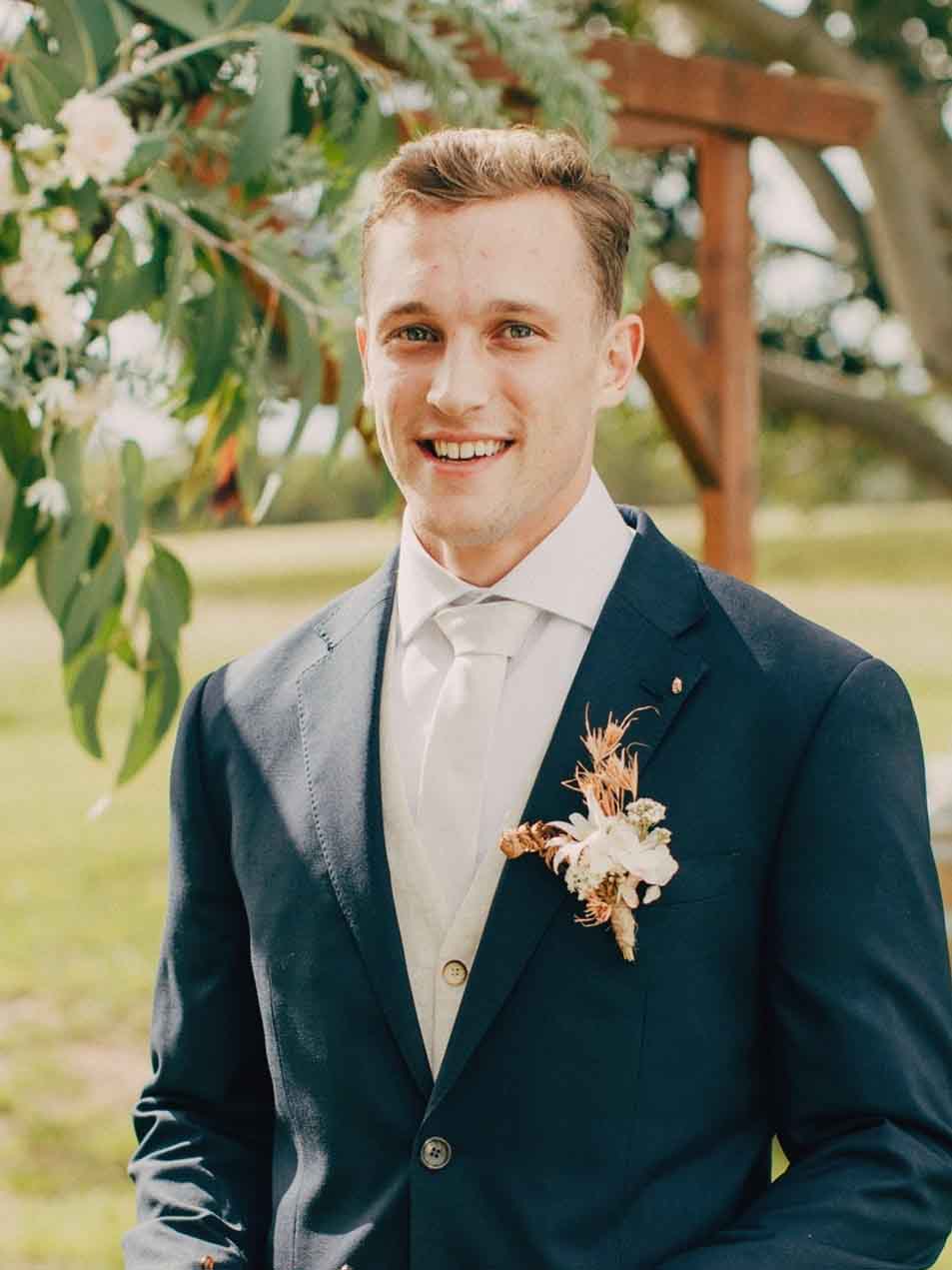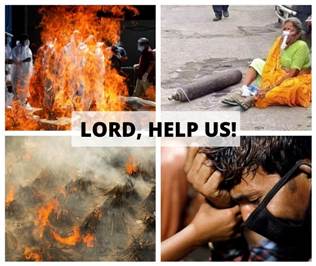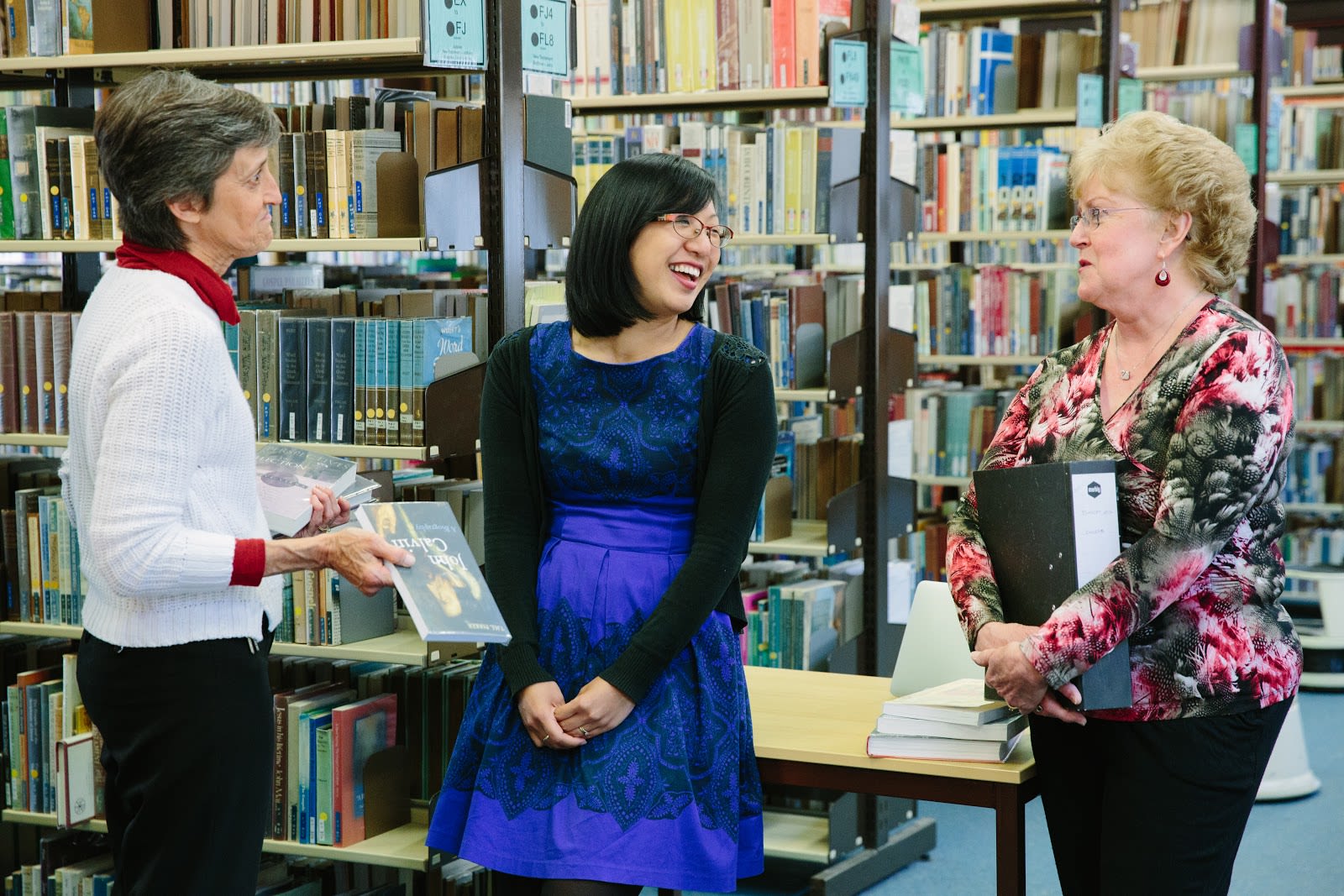Getting Over - or Tearing Down - the SSD
Written by Andrew Sloane
Given how much of our waking time most of us spend at work, it’s weird that most churches spend so little time talking about it and equipping those who worship there for their lives in the real world. Few sermons address the everyday realities of work: how to get on with irritating colleagues; how to resist the allure of overwork; how to allow the Spirit’s transforming work to be visible to your colleagues; the frustrations and temptations of work; its dangers and drudgeries. Even fewer talk about deeper issues of the value of work: how work can be an expression of God’s own character and purposes; how it can contribute to the flourishing of people, communities, the created order; and what to do if there seems to be no redemptive prospects in your work. And we rarely pray about it, and almost never sing about it, do we?
At the risk of carrying on in an entirely negative vein, I want to talk a bit about what might lie behind that: namely, the Sacred-Secular Divide, or SSD as it’s generally known (SSD even sounds like a disease, doesn’t it?)
So, what is this disease that so bedevils the Church, and what can we do about it?
Happily, the name is the diagnosis, and alludes to its cure.
The problem is simple: an unholy Trinity of ideas. That there is something called the sacred that is distinct from (and more important than) the secular, and that they a divided from each other in separate realms.
Now, don’t get me wrong. There is an everyday world beyond the walls of our religious institutions (the original sense of ‘secular’), places where sermons and sacraments and sacred songs aren’t at home—it’s not as if the whole world should become church. And there are sacred matters and moments, times and places where the transcendent impinges on our world—it’s not as if ‘holy’ has no meaning.
The problem is not so much with the S’s, as with the D, and what it does to them. For when we see the sacred as separate from the secular—divided from it and ‘holier’, more spiritual, more important to God—then we devalue the secular, and come to divorce it from the real work of faith. And this is only compounded in particular church and theological traditions—the ones, in fact, that I know best—that have been infected with the malaise of what Gordon Preece calls ‘evangelistic rationalism’. What matters—and the only thing that really matters, the thing that is distinctive about being a Christian in the world—is that people come to follow the Lord Jesus. Work, if it has any value at all, is merely a means to those ends. And opportunity to tell our colleagues about Jesus, and earn money to support ourselves and our dependents, and fund ‘gospel ministry’ (meaning, evangelism).
And the cure is deceptively simple—even if it takes discipline to effect lasting change. For this, like a lingering pandemic or obesity, is not fixed by a magic theological or liturgical bullet, but by deep and lasting lifestyle change.
It needs good theological reflection. To recognize that all of life is—or can be—sacred. That the holy—or better the Holy One—saturates all of life, if we but see it. To realise that the secular—the world—is what God loves and has redeemed in Christ, the one by whom and for whom all things were made. And I could go on.
It needs something of an awakening, a reclaiming of the notion of vocation, of both the reality and sense of calling from God, as John Stackhouse has championed in Need to Know (amongst others). This calling embraces our common call as creatures to reflect God in our care for the world and each other and in the shaping of our communities; our particular call as Christians to see the Spirit of God shape our character in line with the image of God in Christ, and to gift others, the Church and the world through us and our agency in it; and our individual calling to discern the ways in which God has created and recreated us and how that matches the needs of the world and what God is doing in it so as to be agents of God’s kingly purposes. Such vocations transcend the 'sacred-secular divide' to include all of life and work, of whatever kind that work may be.
And it needs churches (and their leaders) to incorporate those insights into their preaching and their praying and their worship.
There are lots of good resources around now to help us do that: The Theology of Work project; London Institute of Contemporary Christianity; the Center for Faith and Work. This, of course, is stuff that the late Tim Keller has addressed. And he’s just one of a long line of Christians who’ve done so, stretching from Kara Martin and Gordon Preece, through John Stott, CS Lewis, Dorothy Sayers…
It’s something I’m deeply committed to. It is, in fact, one of the reasons I do what I do—teach at Morling College. And it’s absolutely the reason I do some of the stuff I do, like write on theology and medicine—and teach a unit on Putting Faith to Work.
This is how we get over—or better, tear down for good—the SSD. And so interestingly, while this started out pretty negative, in the end it’s pretty positive. For, just as the best way to overcome lifestyle problems is to focus on the healthy alternative, so with the SSD. The best way to overcome it is to remember and enact the positive: the reminder that the God who made all things is concerned about all things and is in the business of redeeming all things and bringing them to their intended end. And that’s where I want to go next time. Taking us to one of our richest resources in thinking about how our faith impacts work and life—namely, theology proper, or our understanding of God.
















